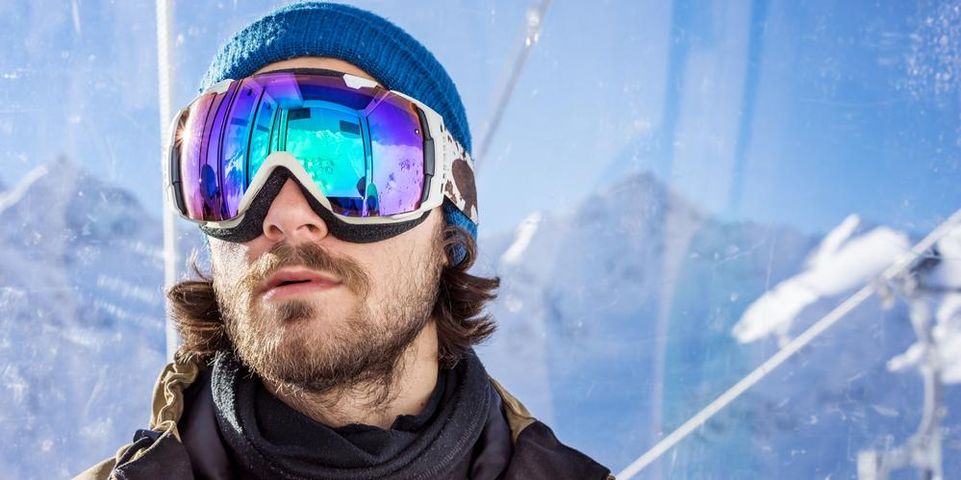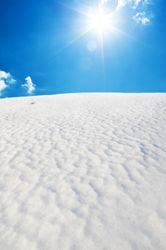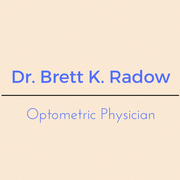What Optometrists Want You to Know About Winter Glare

During the winter, fighting off flu and cold symptoms is often your biggest health concern. However, your eyes are also affected during the cold season. Winter glare is one of the most significant concerns optometrists have during snow season. Every person who engages in outdoor activities during winter is at risk of ocular damage. Below, you can learn how eye doctors recommend you protect yourself below.
Optometrists’ Guide to Winter Glare
Definition 
The sun’s ultraviolet (UV) rays are just as dominant in the winter as they are in summer. Some people are surprised to find their faces sunburned or their eyes sensitive after a day of snowmobiling or building snowmen. Winter glare results from the reflection of the white snow and ice on the ground. This makes your skin and eyes more sensitive to UV light.
Effects
Winter glare can cause an uncomfortable sunburn on your corneas. This condition is also known as snow blindness. If you get it too often, you can increase your chances of developing macular degeneration, cataracts, and ocular cancer. Winter glare can also cause temporary distorted vision and increase your chances of developing cancer on the skin around your eyes.
Prevention
You can protect yourself against the effects of winter glare with a few simple tips. First, purchase a pair of sunglasses for driving in the car or engaging in outdoor activities. Wraparound styles and polarized glasses are most effective in keeping harmful UV rays and glare away from your eyes. Goggles are great for snowboarding and skiing. Wearing a large brim hat or scarf is another way to block the sun. Avoid spending time outside between 10 a.m. and 3 p.m, if possible, because UV rays are at their strongest during this time.
Protecting yourself against UV light will preserve your eye health. Visiting an eye doctor regularly is another way to ensure your vision is in excellent condition. Dr. Brett K. Radow is an optometrist in Spencer, WV, who specializes in treating and preventing diseases like cataracts and macular degeneration. To make an appointment and ask more about ways to mitigate the effects of winter glare, call (304) 927-5112. For information about his services, visit his website.
About the Business
(24 reviews)
Have a question? Ask the experts!
Send your question

